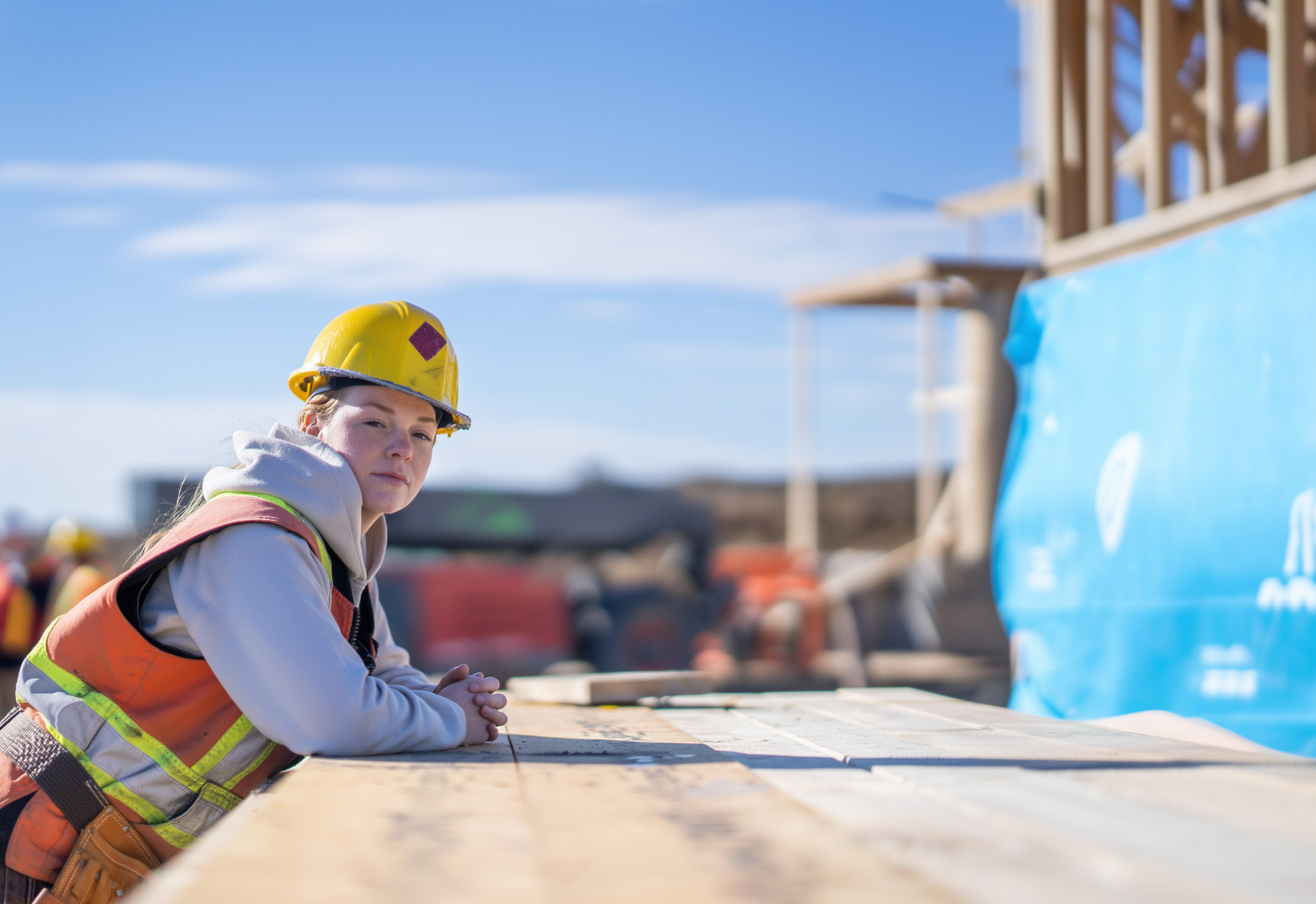A career in construction can offer stability, fulfilment, and real opportunity for growth – but just as in any other industry, it takes commitment, a willingness to learn, and a genuine interest in how things are built. For many people, the journey begins with a trade apprenticeship or a vocational college course. These routes provide a strong foundation, combining technical learning with practical experience. Others may enter the industry later in life, through retraining or returning to work after a break. No matter the starting point, what matters is a genuine drive to get involved, and a readiness to work hard.
Gaining hands-on experience is essential. There’s no substitute for being on-site – understanding how projects flow, learning how teams work together, and getting comfortable with the tools, materials and pace of the job. Early experience often comes through work placements, traineeships or entry-level roles. They are where individuals learn the rhythms of the site, the importance of safety, and the value of clear communication. From there, development continues through every job done, every colleague learned from, and every problem solved.
Alongside technical skill, soft skills are vital in construction. Communication, teamwork and resilience are key to working effectively on site. Challenges will come – weather delays, supply issues, last-minute design changes – and the ability to adapt and stay calm under pressure sets people apart. Showing up with a good attitude, a willingness to learn, and respect for others goes a long way. These qualities not only help someone fit into a team, they also make them a person that others want to work with again.
As a construction career develops, staying open to learning is crucial. The industry is evolving, with new technologies, materials, and ways of working changing the landscape. Whether it’s using digital tools, understanding sustainable building methods, or upskilling into supervisory roles, those who progress are those who keep learning. Training doesn’t stop once someone is qualified – it becomes an ongoing part of the journey, whether formal or informal. Finding mentors, setting career goals, and taking ownership of professional progress helps keep career momentum going.
The construction industry is built on relationships, and building a strong network can provide opportunities. Attending industry events, connecting with others on-site, and not being afraid to ask questions or seek advice makes a real difference. Initiative stands out – whether that means volunteering for a project, taking on extra responsibility, or simply showing enthusiasm for the work. It is often these actions, not just qualifications, that lead to opportunity.
There is also a place in construction for people from all walks of life. Whether someone is practical, creative, analytical or hands-on, there’s a role that fits. From bricklaying to surveying, project management to environmental design, the paths are many. What matters most is finding a route that suits a person’s strengths and interests – and having the confidence to pursue it. The work is hard, but it is meaningful. There is nothing quite like driving past a building having played a part in creating it.
At its core, a construction career is about building – not just structures, but also skills, confidence, and a future. For those willing to invest in their growth, stay adaptable, and work with integrity, the industry offers more than just a job. It offers a career that can grow, evolve, and make a lasting impact.



